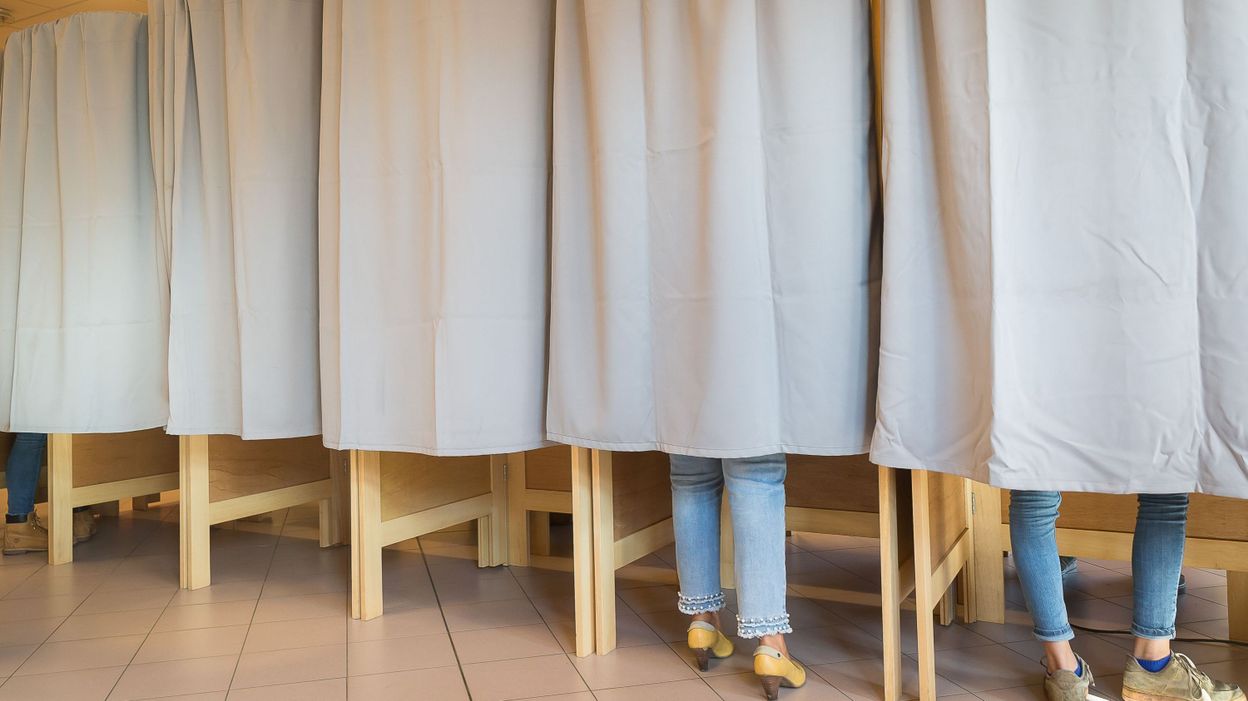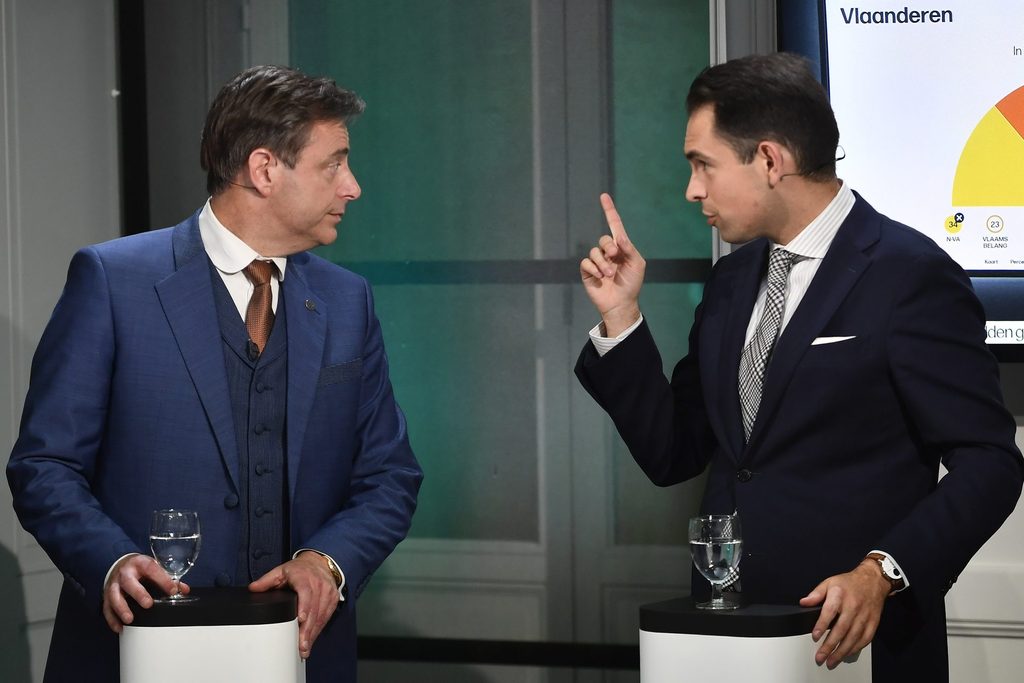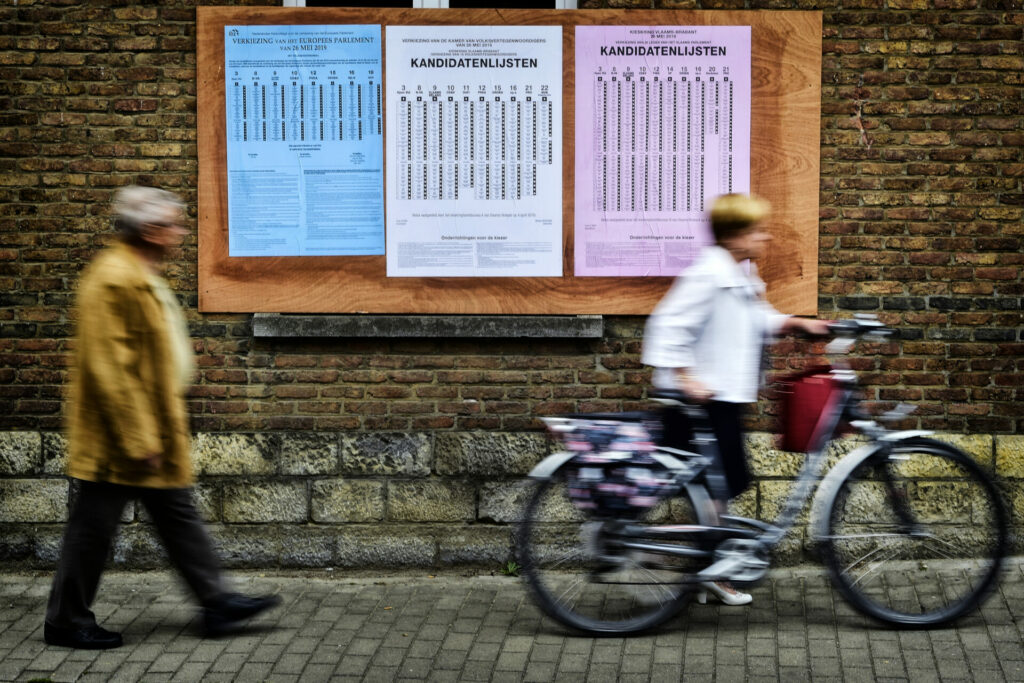Expats are eligible to vote in two of the five elections taking place in Belgium this year. But understanding how the electoral system works – especially how it differs from your home country – is important both in terms of practical and democratic consequences.
'Party-list proportional representation' (PR) is the most common voting system in Europe and is designed to attribute seats in proportion to the total votes each political party receives.
In Belgium, parties must get at least 5% of votes to get into government. Any party with 51% or more of the vote has the 'absolute majority'. But as the system is designed to diversify representation, cross-party coalitions are almost always the result. Voters can choose to vote for one party or give preference to one or more candidates from the same party.
"Once you have selected which party to vote for, you can select as many candidates as you want from the party list," says Jean-Benoît Pilet, Professor of Political Science at ULB. "Let's say you want to vote for the liberals [Open VLD]. You can vote for three out of nine candidates, you can vote for nine out of nine candidates, and you may even decide that you want to vote for none of the candidates."
In the last instance, "you tick the box on top of the list and [in so doing] leave it up to the party to decide how to order their candidates."
Trust and diversity
This 'open list' approach (allowing the voter to decide whether or not to support a particular candidate within a party) is seen as advantageous for promoting trust in the democratic process.
"In most studies it appears that voters prefer systems like this one, where you can vote for candidates within a list," Pilet explains. Voters are able to create "a bond of personal trust" with candidates when they have the choice to support them as individuals, which tends to boost voter trust in the electoral system (as opposed to a 'closed list' system).

Credit: Belga / James Arthur Gekiere
Whilst PR makes way for greater political fragmentation through its emphasis on diversity, many see it as preferable to 'First Past the Post' systems like in the UK, Canada and the US as it means that governments are more representative. The system allows smaller parties to play an active part in decision-making, whereas First Past the Post makes polarization and disenfranchisement more likely (because many voters feel unheard).
Pilet cites green parties as a good example of how small parties benefit from PR: "Green parties have existed in the Netherlands, Belgium, Sweden and Denmark for a long time but the UK parliament doesn't have a single green representative and Canada only has one."
Practical advice
Pilet stresses the advantage of PR, which means voters shouldn't worry about "wasting" a vote on a smaller party. Furthermore, a party's performance in pre-electoral polls is unlikely to correspond to its chances of winning seats. Unlike First Past the Post, voters don't feel the need to vote tactically but instead can choose the party that best represents them.
In addition, Pilet urges voters to consider each individual candidate's stance on particular issues, as this tends to vary within parties. Voters should also think about the likely coalitions based on party rhetoric about potential alliances. Who do they refuse to collaborate with? Who are they already in contact with?

N-VA leader Bart De Wever (left) says his party will 'never' enter into a coalition with Tom Van Grieken's Vlaams Belang (right). Credit: Belga / Dirk Waem
Finally (and crucially), even if one party gains a large portion of the vote, this doesn't guarantee that they will come to power. Coalitions can be formed without the best-performing party, provided that it doesn't gain an absolute majority (>51% of the vote). No party has gained an absolute majority in Belgium under the PR system.
"This is a widespread misunderstanding," Pilet clarifies. "There is no guarantee that the largest party will be part of government. The Belgian system leaves it completely open for parties to form any coalition after the election."
Related News
- Brussels expats are eligible to vote. Here’s how (and why) to have your say
- Why does Belgium have 'compulsory' voting and what if it was abolished?
- Radical parties predicted to dominate European election ballots
150 MPs sit in the Belgian Chamber of Representatives; 88 of these seats represent Dutch-speaking Flanders while 62 represent French-speaking Wallonia.
The deadline for non-Belgian EU citizens to register to vote in European elections in Belgium expired on 31 March. However, EU citizens and non-EU citizens who have lived in Belgium for at least five years can still register to vote for municipal elections on 13 October (the deadline is 31 July).

